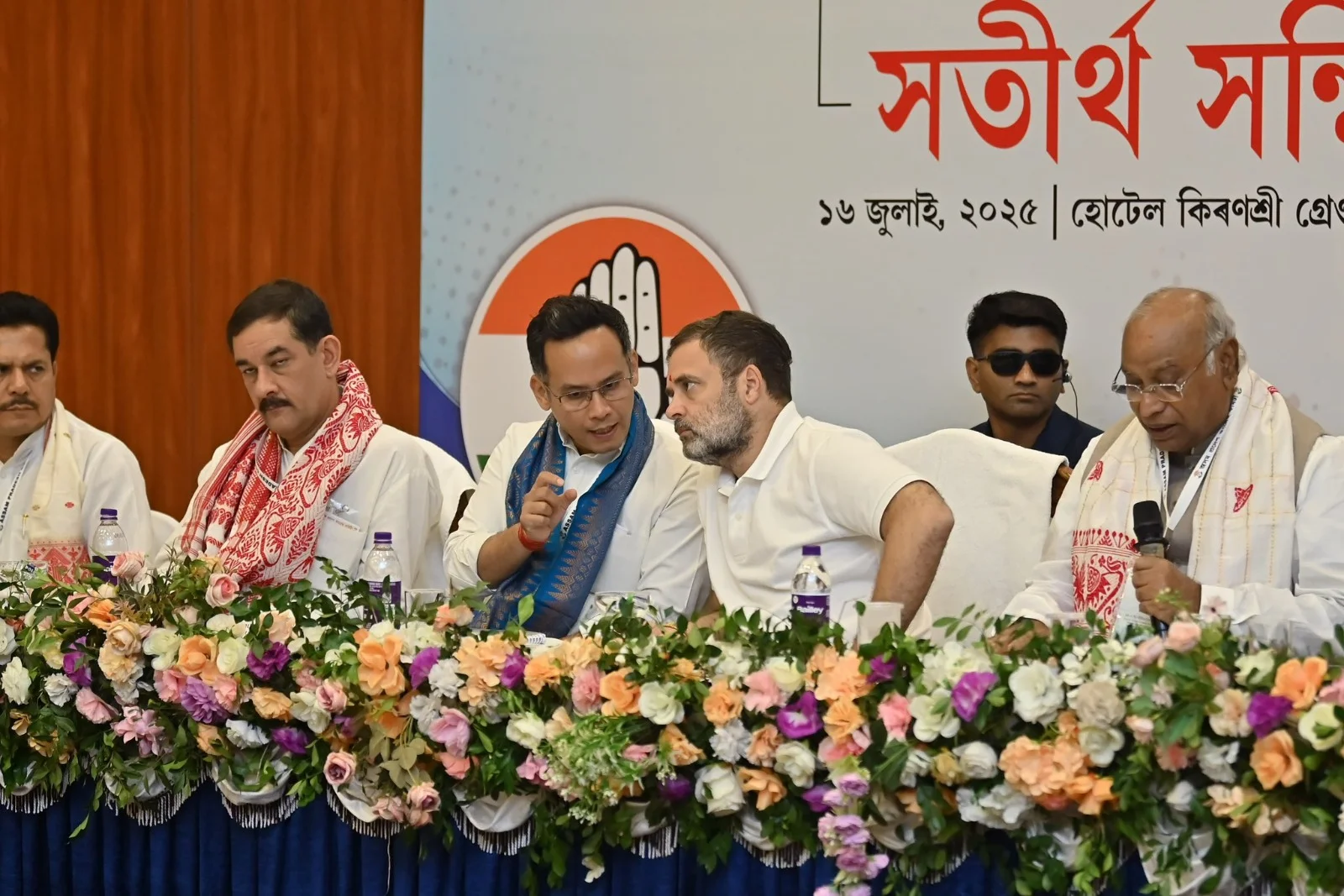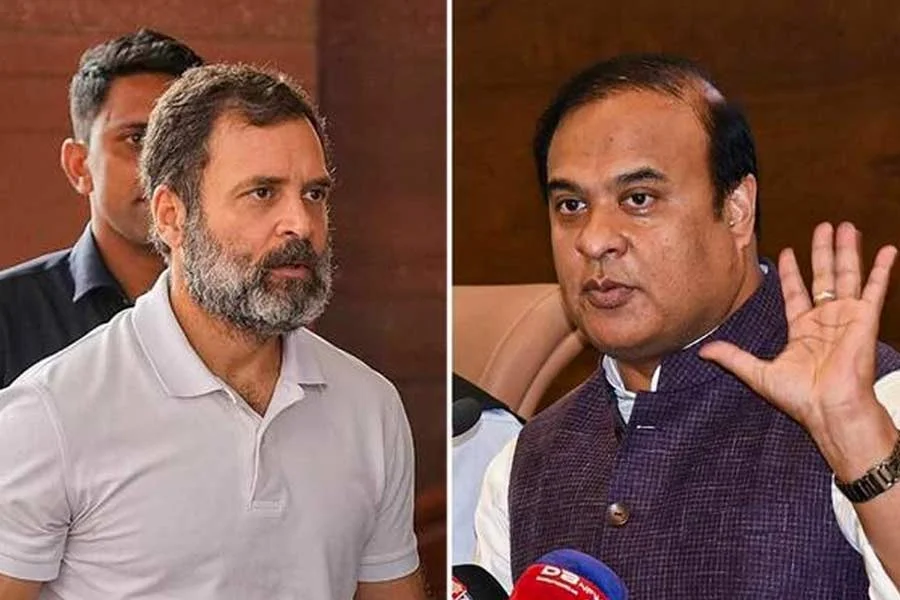West Bengal Chief Minister Mamata Banerjee has vociferously condemned the recent actions of the Jammu and Kashmir district administration, which imposed severe Martyrs’ Graveyard Restrictions on visits to the historic Mazar-e-Shuhada (Martyrs’ graveyard) in Srinagar’s Naqshband Sahib. In a strong statement issued on Monday, July 14, 2025, CM Banerjee asserted that such limitations “snatch away democratic rights of a citizen,” labeling the entire episode, particularly one involving Jammu and Kashmir Chief Minister Omar Abdullah, as “unacceptable, shocking, and shameful.” Her remarks highlight a growing concern over the curtailment of fundamental freedoms and the emotional impact of such Martyrs’ Graveyard Restrictions on the populace.
The Incident: Omar Abdullah and the Martyrs’ Graveyard Restrictions
The Chief Minister’s criticism follows a deeply troubling incident involving J&K CM Omar Abdullah. Reports indicate that Abdullah was allegedly prevented by security forces and police from entering Mazar-e-Shuhada to offer prayers. In an act of defiance and determination, he reportedly jumped over the boundary wall of the graveyard to perform his religious duty. Abdullah recounted that security personnel attempted to “physically grapple” him, a claim that underscores the contentious nature of the Martyrs’ Graveyard Restrictions. This dramatic development unfolded just a day after the Jammu and Kashmir Police sealed the Martyrs’ cemetery and confined several top political leaders, including Abdullah, to their residences. The aim of these stringent Martyrs’ Graveyard Restrictions was to prevent them from visiting the site to commemorate the anniversary of the 22 protesters tragically killed by Dogra king Hari Singh’s forces on July 13, 1931.
Historical Context of Martyrs’ Graveyard Restrictions
The Mazar-e-Shuhada holds profound historical and emotional significance for the people of Kashmir. It is the resting place of those who laid down their lives during a pivotal moment in Kashmir’s history. For decades, July 13 was observed as Martyrs’ Day, a solemn official holiday in Jammu and Kashmir. However, following the abrogation of Article 370 in 2019, this official holiday was delisted, a move that many view as an attempt to erase historical memory and undermine local sentiment. The recent Martyrs’ Graveyard Restrictions, therefore, are not merely about access to a site but are perceived by many as an affront to the collective memory and historical identity of Kashmir. The graveyard’s proximity to the revered shrine of Khwaja Bahawuddin Naqshbandi further amplifies its spiritual and cultural importance, making the Martyrs’ Graveyard Restrictions even more contentious.
Mamata Banerjee’s Stance on Martyrs’ Graveyard Restrictions
Chief Minister Mamata Banerjee’s condemnation of the Martyrs’ Graveyard Restrictions resonates with a broader narrative of defending democratic principles. Her strong words underscore the belief that every citizen, regardless of their political standing, has an inherent right to mourn, remember, and visit places of historical and personal significance. By calling the restrictions a “snatch away democratic rights,” she positions the incident not just as a local issue but as a matter of fundamental rights that transcend regional boundaries. Her intervention adds a significant national voice to the ongoing debate surrounding freedoms and governance in Jammu and Kashmir, bringing the issue of Martyrs’ Graveyard Restrictions into the broader political discourse.
Omar Abdullah’s Defiance and Response to Martyrs’ Graveyard Restrictions
Omar Abdullah’s personal account of the incident highlights the frustration and indignation felt by those affected by the Martyrs’ Graveyard Restrictions. He passionately asserted, “We are nobody’s slaves,” challenging the legal basis for his detention and the prohibition from visiting the graveyard. Despite the alleged attempts to stop him, Abdullah confirmed that he was able to recite prayers, a small victory against what he described as widespread “house arrest” of political leaders. He reported the installation of bunkers outside his residence after he vocalized his intention to visit the martyrs’ site. Furthermore, Abdullah expressed profound anguish over what he perceived as a lack of media coverage regarding the unprecedented situation where “the entire elected government being locked up.” His remarks draw attention to the lack of transparency and the challenges faced by local leadership under such stringent Martyrs’ Graveyard Restrictions.
The Implications of Martyrs’ Graveyard Restrictions
The controversy surrounding the Martyrs’ Graveyard Restrictions raises critical questions about freedom of movement, political dissent, and the preservation of historical memory in Jammu and Kashmir. The incident underscores the delicate balance between security concerns and fundamental human rights. For a news-focused blog, it is crucial to present these various facets: the historical background of the graveyard, the political context of Article 370’s abrogation, the immediate incident involving Omar Abdullah, and the strong condemnation from figures like Mamata Banerjee. The imposition of Martyrs’ Graveyard Restrictions on such a significant site is not merely an administrative decision but one with deep political and emotional ramifications, influencing public perception and potentially escalating tensions.
Conclusion: A Call for Dialogue Amidst Martyrs’ Graveyard Restrictions
The ongoing debate over Martyrs’ Graveyard Restrictions in Jammu and Kashmir underscores the need for a balanced approach that respects both security imperatives and fundamental citizen rights. The strong reactions from political leaders like Mamata Banerjee and Omar Abdullah indicate the profound impact of such measures on democratic values and public sentiment. As the situation evolves, the focus remains on ensuring that historical sites remain accessible for remembrance and that citizens’ rights to mourn and express are upheld without undue interference.
Discover more from RastriyaSamachar24x7
Subscribe to get the latest posts sent to your email.




